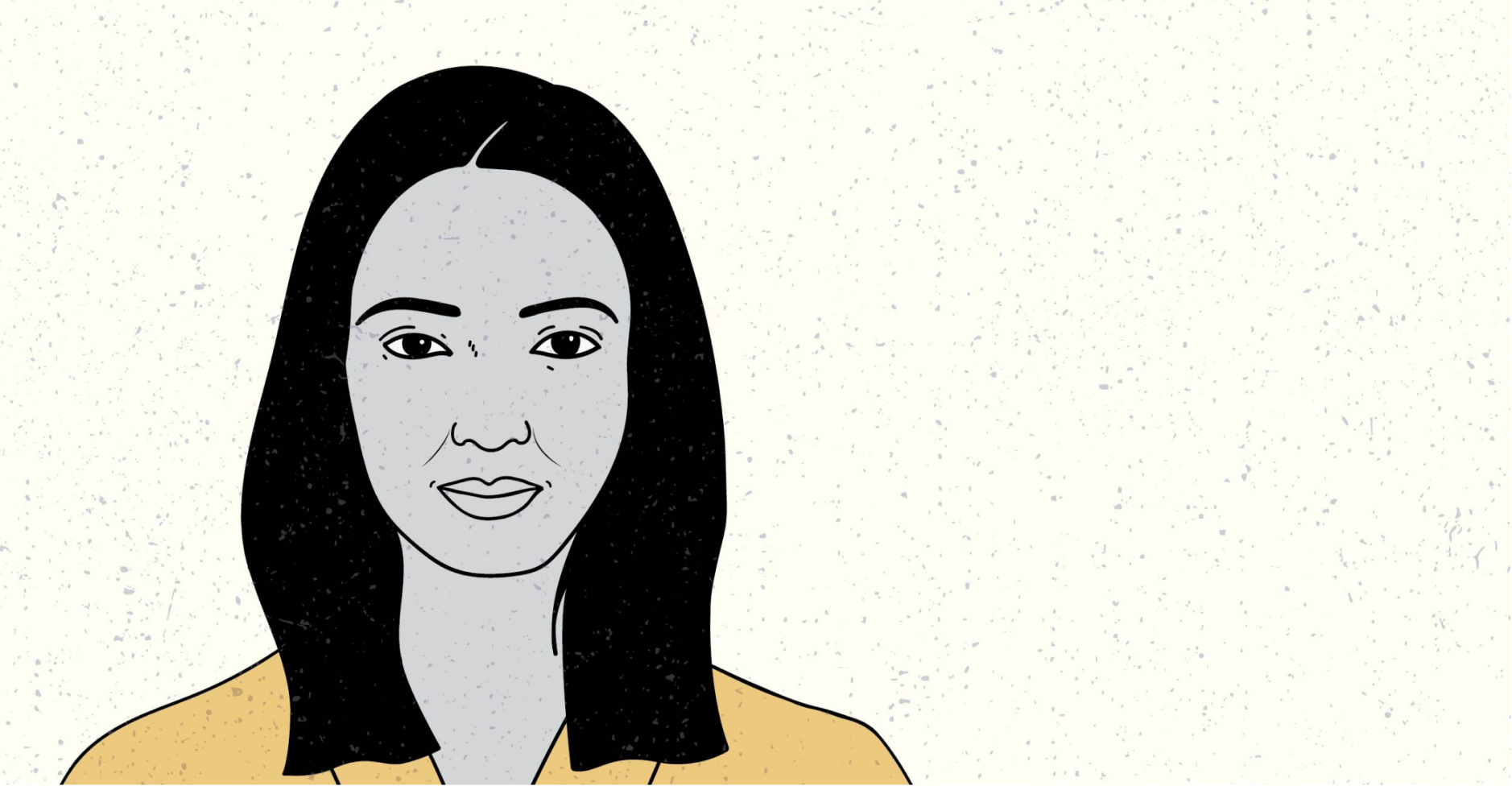The chief data officer is one of the most valuable members of a business today. According to Gartner in its recent report, 10 Ways CDOs Can Succeed in Forging a Data-Driven Organization, “by 2022, 90% of corporate strategies will explicitly mention information as a critical enterprise asset and analytics as an essential competency.”
Many organizations are taking note and treating it as a priority to find data leaders capable of leading this element of their strategy. A report referenced by Forbes found that in 2012 only 12 percent of Fortune 1000 companies had a CDO, but just six years later this had increased to 67.9 percent.
So, what situation are many CDOs walking into when they start their roles?
The state of play
In the report, ‘From CDO to CEO: why your data expertise could make you a future business leader’ Caroline Carruthers, author and data champion, explains: “Currently, most businesses are ‘data hoarders’, wanting to get their hands on as much data as possible. However, without people with the skills to understand how to process and use that data, the questions needed to improve data use are not being asked within the organization. The data is available, but those without experience in data handling don’t know what they don’t know, so they can’t use it to its full value.”
This gives a clear indication of one of the CDO’s main priorities.
How can a chief data officer make a positive impact?
An important task for any CDO is to demystify data within their organization. They need to turn it into something that is actually used to positive effect, rather than just being available. As Caroline Carruthers expands:
“Essentially, CDOs make data less scary for those who have not got the skills required to deal with data.
“Where they can add real long-term value to a company and its culture is by promoting the use of data throughout the business. Some of the most successful organizations I’ve seen use data as part of their business strategy have had a CDO who recruits what we could call ‘data citizens’ in different departments, to make the tactical use of data more entrenched across the organization. By doing this, they make data an open, useful tool, rather than a confusing gated asset that can only be accessed by a few who are able to navigate the logistics of decoding data.”
This clearly shows that there’s demand for CDOs for good reason. But given that it’s a role that has increasingly come to prominence in recent years, where are these data leaders coming from?
Could you be a CDO?
Mark Dexter, Founder and Managing Director of KDR, explains why it takes a very unique person to fill the role:
“We don’t really have a “typical” CDO candidate. They vary a lot: some come from the traditional data route, some from business intelligence and operations, and others from more problem-solving backgrounds.
“In fact, some of the strongest candidates have backgrounds in finance and marketing, as they can use their overall knowledge and combine it with the data, which helps them deliver a deeper analysis of the business situation.
“To a degree, the right candidate for the role is dependent on the key issues the company wants to address through the recruitment of a CDO. For example, a manufacturing company may benefit from a CDO who has a background in operations or logistics, while a retailer might find a CDO with a history in marketing or sales more beneficial.”
While there is not one clear career path towards the office of CDO, one thing is evident – these data leaders will continue to grow in importance for organizations in all industries and all markets.
We’ll be taking this topic further in the coming months, talking to a range of experts on The Data Dreamer, shedding light on real-life experiences, the latest research and insights into how the role will evolve. Stay tuned.
If you want to learn more now, check out Exasol’s ‘CDO to CEO’ report.










